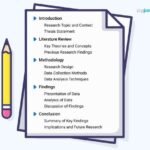how to write a market research report
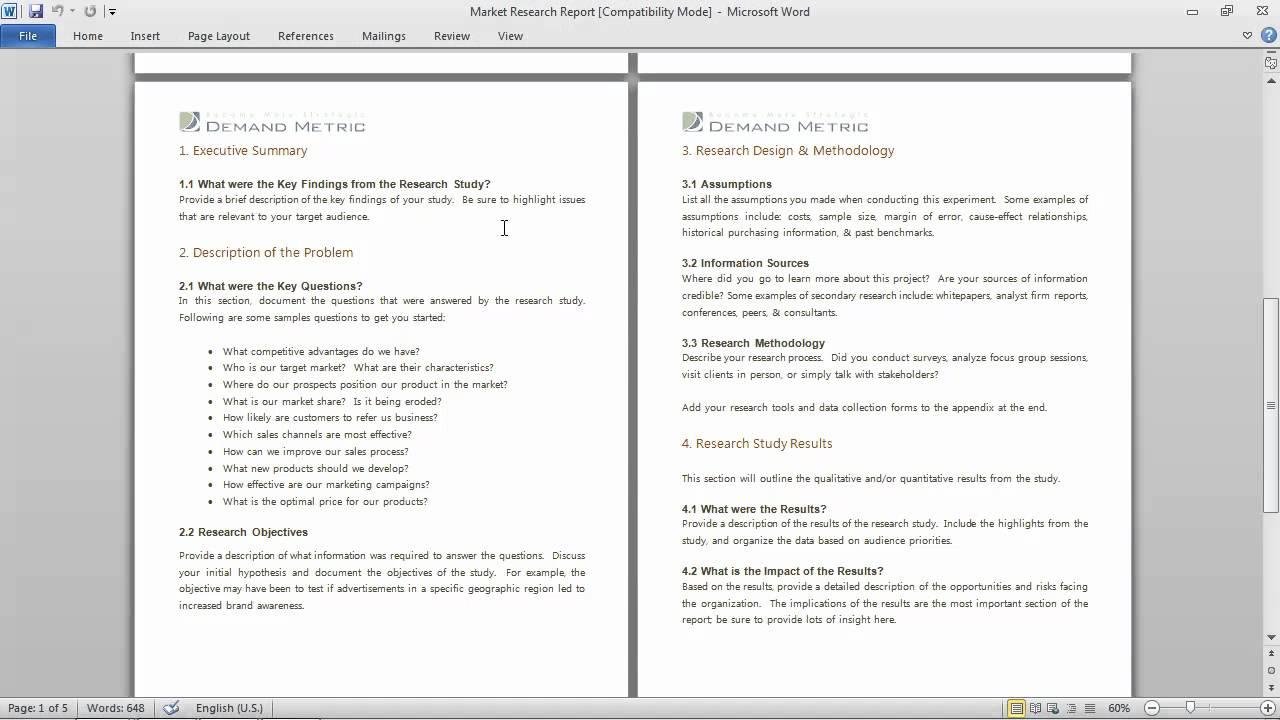
In today’s dynamic business landscape, the ability to make informed decisions can spell the difference between success and failure. At the heart of this decision-making process lies a crucial document—the market research report. This comprehensive report serves as a navigator, guiding businesses through the complexities of market trends, consumer preferences, and competitive landscapes. Whether you are launching a new product, seeking to penetrate a new market, or simply looking to assess the viability of a business idea, a well-crafted market research report can provide the insights needed to steer your strategies in the right direction. In this article, we’ll explore the essential steps and considerations for composing a market research report that not only captures data effectively but also translates that data into actionable insights. Join us as we delve into the art and science of market research, equipping you with the tools to illuminate your path to informed decision-making.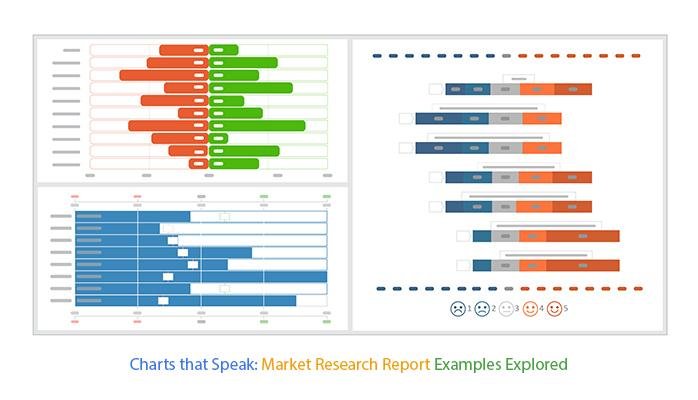
Understanding the Purpose and Scope of Market Research Reports
Market research reports serve as essential tools for businesses looking to make informed decisions about their strategies and market positioning. These reports compile comprehensive data regarding consumer behavior, market trends, and competitive landscape, allowing stakeholders to identify opportunities and mitigate risks. By analyzing quantitative and qualitative data, businesses can evaluate the feasibility of new products or services, leading to more effective planning and execution. The insights gleaned from these reports can also assist in segmenting target audiences and tailoring marketing strategies to fit the specific needs and preferences of diverse consumer groups.
The scope of market research reports extends beyond mere data presentation; they encapsulate actionable recommendations that guide business actions. Typically, these reports include sections such as market analysis, consumer insights, and strategic recommendations, which help in shaping a cohesive strategy moving forward. A well-structured report will often employ visual aids like charts and graphs to enhance understanding and retention. For instance, summaries of competitive analysis could be presented in a table format to provide a clear side-by-side comparison of key players within a market:
| Company | Market Share (%) | Key Strengths |
|---|---|---|
| Company A | 30 | Strong brand loyalty, extensive distribution |
| Company B | 25 | Innovative products, competitive pricing |
| Company C | 15 | Expertise in niche markets |
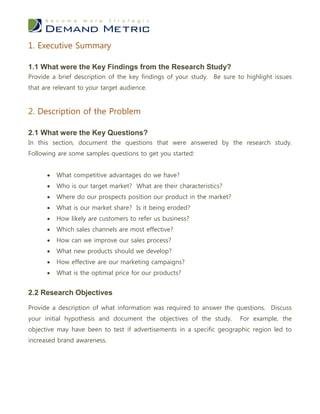
Essential Components of a Comprehensive Market Research Report
Creating a robust market research report requires a comprehensive approach that considers various essential components. First and foremost, executive summaries should succinctly capture the core findings and recommendations for stakeholders. Following this, it’s critical to integrate sections detailing market analysis, which includes an evaluation of market size, growth potential, and trends. Equally important are competitive analyses, where you identify key players and assess their strengths and weaknesses. A well-rounded report will also include consumer insights, highlighting customer preferences and behaviors gathered through surveys and interviews, which can significantly influence strategic decisions.
The methodology section is indispensable, clearly outlining the research design and data sources utilized, whether primary or secondary. This transparency adds credibility to the findings. Additionally, visual aids such as charts and tables enhance understanding; for instance, a comparative table summarizing market trends and forecasts can be highly effective:
| Year | Market Size ($ Million) | Growth Rate (%) |
|---|---|---|
| 2022 | 1500 | 5 |
| 2023 | 1575 | 5 |
| 2024 | 1650 | 5 |
a thorough market research report must conclude with actionable insights and strategic recommendations based on the data analyzed. This helps stakeholders translate findings into practical applications, thereby enhancing decision-making processes within the organization.
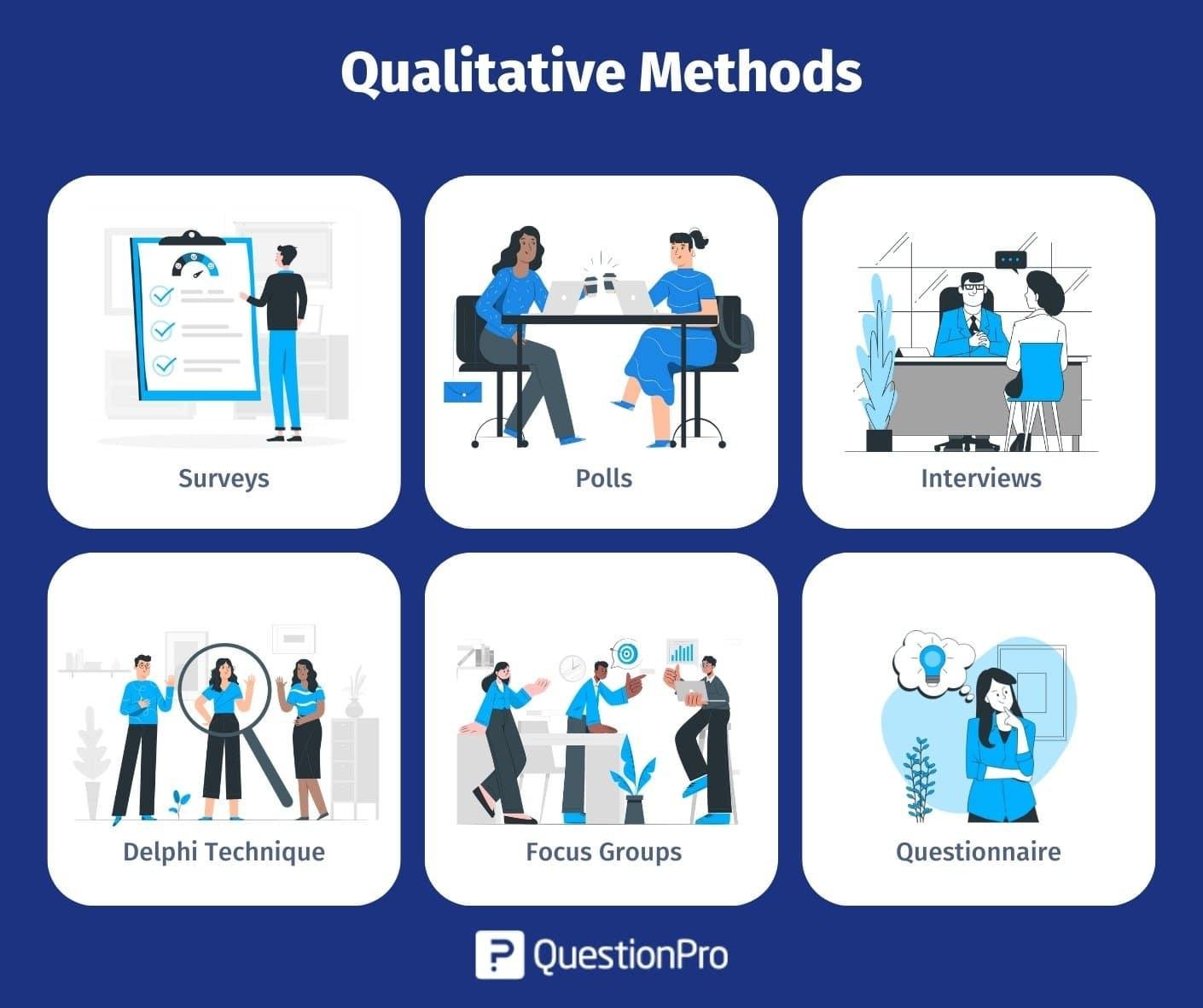
Effective Data Collection Techniques for Reliable Insights
Gathering accurate and relevant data is crucial for robust market research. Various methods can be employed to achieve this, each providing unique insights depending on the context and target audience. Consider implementing the following techniques to enhance your data collection process:
- Surveys: Design structured questionnaires to capture specific information from participants. Utilize online platforms for broader reach.
- Interviews: Conduct one-on-one or group discussions to gather in-depth qualitative data, allowing for deeper exploration of participant views.
- Observations: Evaluate consumer behaviors in natural settings, which can unveil unfiltered insights that surveys might miss.
- Focus Groups: Facilitate discussions among a diverse group to gain various perspectives on a topic, enriching data quality.
Incorporating these methods will provide a well-rounded understanding of market dynamics. It is also essential to ensure the integrity and quality of your data by employing appropriate tools for data cleaning and organization. After data collection, the process includes:
- Data Cleaning: Remove inaccuracies or duplicates that may skew results.
- Data Analysis: Utilize statistical techniques to interpret your findings effectively.
- Real-time Monitoring: Adjust collection methods as needed to adapt to emerging trends.
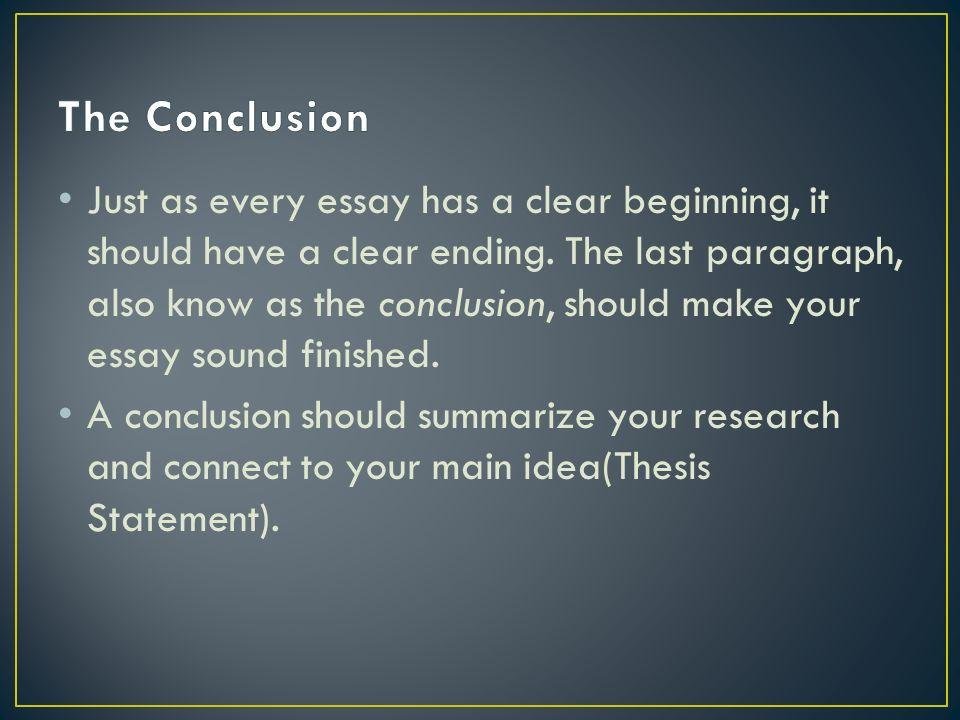
Crafting Clear Conclusions and Strategic Recommendations
To effectively conclude your market research report, it is essential to synthesize the findings and articulate clear insights that guide decision-making. Start by summarizing the key data points and trends identified during the research process, emphasizing their implications for the target market. Consider the following aspects to enhance clarity:
- Core Findings: Identify the most significant insights that emerged, such as consumer preferences or market gaps.
- Comparative Analysis: Highlight how your research findings compare to industry benchmarks or competitor performance.
- Impact Assessment: Discuss how these findings can affect strategic decisions, including potential risks and opportunities.
After presenting your conclusions, pivot to strategic recommendations that offer actionable paths forward. Ensure that your suggestions are realistic and attainable, supported by the evidence gathered. Consider structuring your recommendations in a table format to improve readability:
| Recommendation | Rationale |
|---|---|
| Expand Product Line | Diversity in offerings can tap into varied customer segments. |
| Enhance Marketing Strategies | Targeted campaigns based on consumer behavior can increase engagement. |
| Focus on Customer Feedback | Iterative improvements based on feedback can boost satisfaction and loyalty. |
By clearly articulating these conclusions and recommendations, you not only provide stakeholders with a robust understanding of the market landscape but also empower them to make informed decisions that align with the strategic vision of the organization.
The Way Forward
As we conclude our exploration of crafting a market research report, it’s clear that the fusion of thorough data analysis and compelling presentation is paramount. A well-structured report not only serves as a roadmap for strategic decisions but also transforms raw insights into actionable intelligence that can propel your organization toward success. Remember, each report is a chance to tell a story—your story, driven by data and infused with the unique perspectives of your team.
Incorporating the latest industry practices, like those showcased in exemplary reports from 2022, can inspire you to elevate your work and resonate with your audience more effectively[[1]](https://cxd.studio/blog/10-marketing-research-reports-from-2022/). By mastering the art of market research, you empower your business with the knowledge it needs to adapt and thrive in an ever-changing landscape.
So, as you embark on your reporting journey, keep in mind the fundamental principles of clarity, relevance, and engagement. Your next market research report may just be the catalyst for groundbreaking ideas and transformative strategies. Happy reporting!

